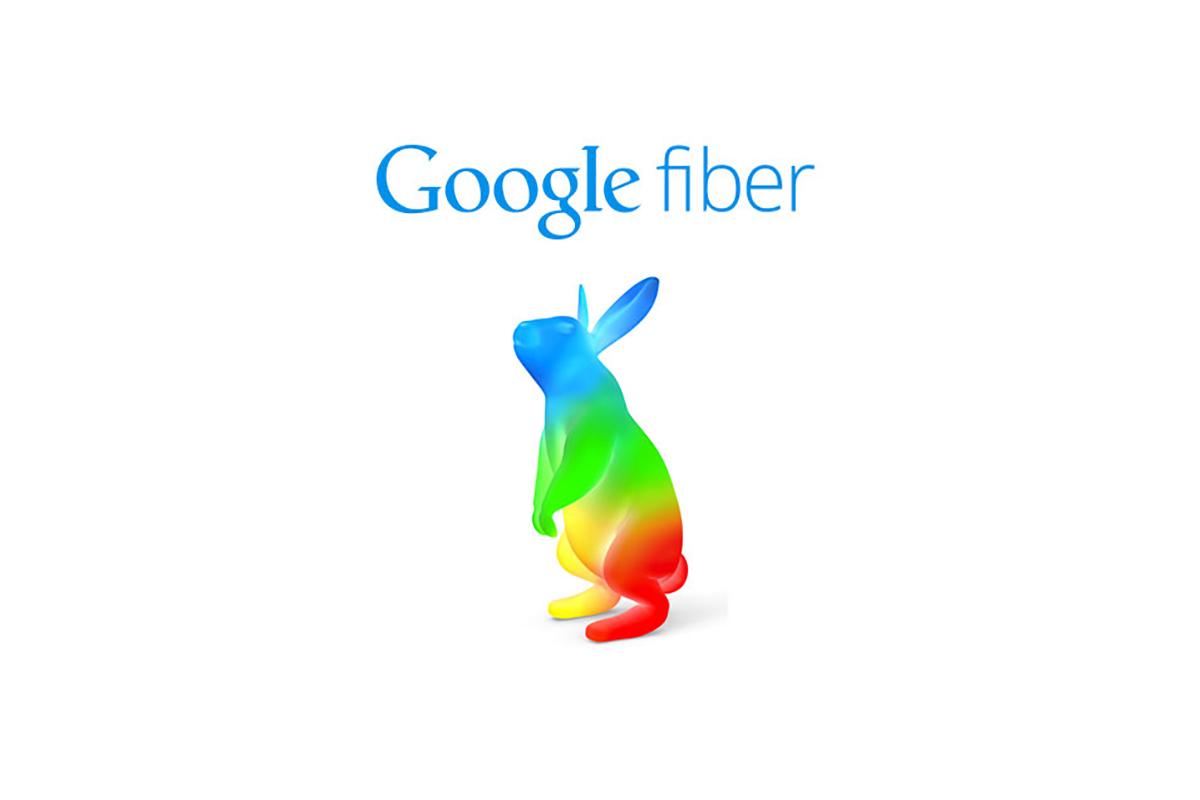Wondering if fiber optic internet is right for you? Use Konnect-Eaze to compare fiber-optic internet packages offered by internet service providers near you!

Fiber optic internet uses fiber optic cables to transmit data using light signals, offering superior speed and reliability compared to cable and DSL connections. Here's a comprehensive look at how fiber optic internet works, its benefits, and its types.
Fiber optic internet gets its name from the fiber optic cables it relies on. These cables are made up of thin strands of glass or plastic fibers that transmit data between devices using light signals. The data travels through the core of the fiber optic cable, which is surrounded by a layer called cladding. The cladding reflects the light back into the core, allowing the light signals to travel long distances without losing strength.
Light signals communicate with your device using binary code, making the process incredibly fast and efficient. This is because light can travel at extremely high speeds and can carry a large amount of data at once.
Cable and DSL internet use copper cables, which are less efficient than fiber optic cables. Copper wires transmit data using electrical signals, which can degrade over long distances. This degradation leads to slower internet speeds and more interruptions.
In contrast, fiber optic cables use light signals, which do not degrade over long distances. This ensures that fiber optic internet maintains high speeds and reliability even over large distances. Additionally, fiber optic cables are less susceptible to electromagnetic interference, which can further impact the performance of copper cables.
Fiber internet offers symmetrical upload and download speeds, which is beneficial for activities requiring high bandwidth, such as downloading and uploading large files, online gaming, and video conferencing. Symmetrical speeds mean that the upload speed is the same as the download speed, which is not typically the case with cable or DSL internet.
While streaming music and video content only requires about 25 Mbps, fiber internet can provide speeds up to 1,000 Mbps (1 Gbps) or higher. This makes it suitable for heavy internet users, large households, and businesses that need to support multiple users and devices simultaneously.
Fiber optic cables run directly to your house, providing the highest quality connection with the fastest speeds and most reliable performance.
Combines fiber and copper cables, with fiber running to the nearest utility box (the "curb") and copper cables connecting from the utility box to your home. This setup still offers better performance than traditional copper cables but is not as fast or reliable as FTTP/FTTH.
Covers a large area with fiber optic cables running to a central node in the neighborhood. From the node, DSL lines fill the remaining connections to individual homes within a one-mile radius. This option is generally the slowest and least reliable among the fiber options but still better than traditional DSL or cable internet.
Fiber optic internet offers unparalleled speed and reliability, making it an excellent choice for heavy internet users and those requiring consistent high-speed connections.

28/07/2017
Choosing the best internet service provider option available to you can help you save money while enjoying faster, safer internet with better customer service.
Read More
10/10/2023
Explore the intersection of sneaker culture and high-speed internet. Discover how a UK-based golf store leverages technology and innovative strategies to ensure genuine enthusiasts secure the latest Travis Scott x Air Jordan release
Read More
22/05/2024
Google Fiber is renowned for its high-speed internet service, offering some of the fastest internet speeds available. With speeds up to 2 Gbps, Google Fiber aims to provide a seamless online experience, whether you're streaming, gaming, or working from home
Read More